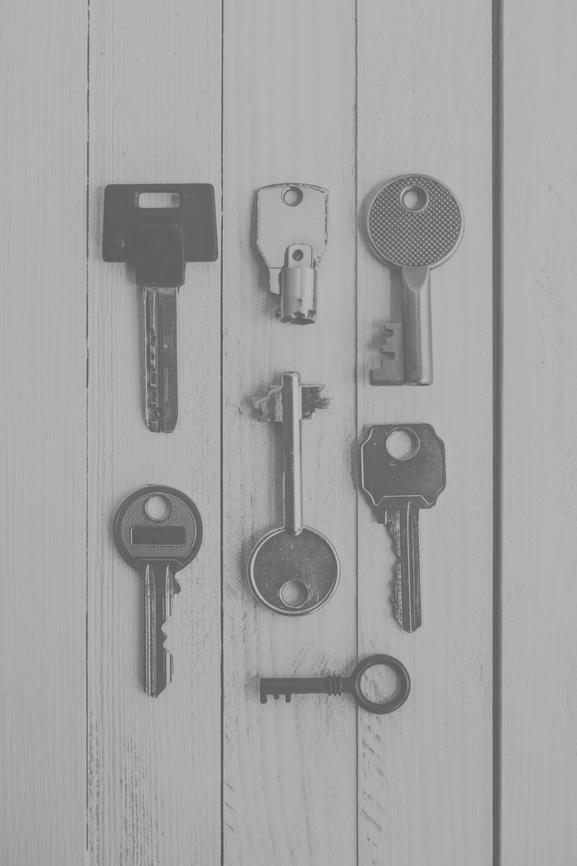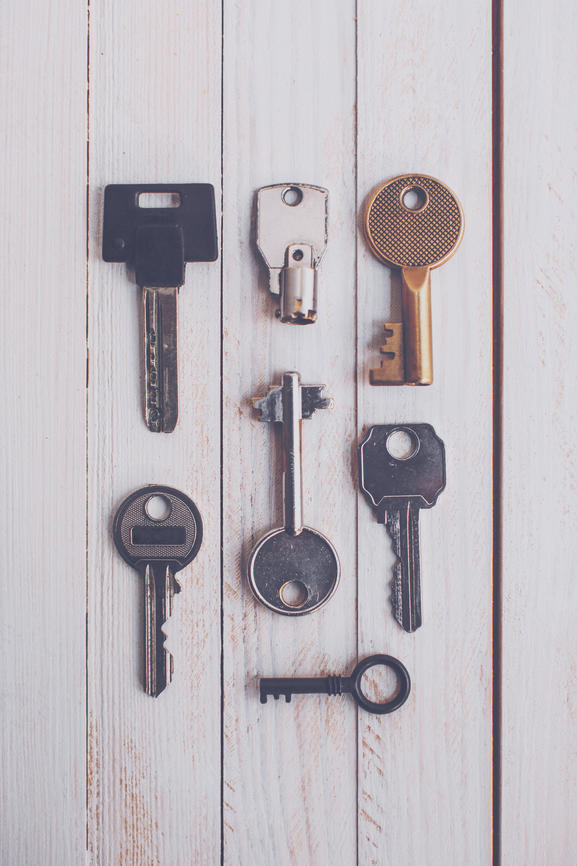Over the weekend, a friend tweeted me about an interesting website called Gay Money: The Truth About Lesbian and Gay Economics. It purports to summarize “all the research on lesbian and gay economics in one convenient place.” The site’s author, Joe Clark, is a journalist in Canada, and he found that the “overwhelming consensus of over 60 research papers on lesbian and gay incomes holds that gay men earn less than straight men, while lesbians earn more than straight females.”
I haven’t verified Clark’s sources yet, but he offers plenty of references for the statistics that he’s cited (almost all of the data comes from the U.S.). And this isn’t the fist time I’ve seen someone debunking the stereotype that gay people are disproportionally wealthier than their straight counterparts.
Here are some of the conclusions that I found most interesting.
- Gay males work fewer hours than straight males. Lesbians work longer hours than straight females.
- Gay males often work in lower-wage, often female dominated jobs. The converse is true for lesbians who often work in high-wage, typically male dominated jobs.
- The group that earns the most are married hetero males. They work the longest hours and are generally paid more by employers. (Clark refers to this as the marriage premium.)
- Clark doesn’t believe discrimination has much to do with the wage gap. It’s more based on the amount of hours worked and the type of job.
Clark doesn’t say much about the income gap between gay men and lesbians. Because of the wage discrepancies between men and women, the assumption would be that gay men still make more than lesbians, despite not making more than straight men. Additionally, most of his research is from 2010 and before. I’d be interested to see if the statistics have changed with the coming of marriage equality and how that affects couples.
A 2013 report out of the Williams Institute in UCLA found the LGBT couples are poorer than straight couples. For example, 14.1 percent of lesbian couples and 7.7 percent of gay male couples receive food stamps, compared to 6.5% of different sex married couples. Gay and Lesbian couples raising children are more likely to be poorer than straight couples, as well. And LGBT seniors, especially women, are poorer on average than straight seniors in part because marriage inequality prevented same-sex couples from receiving the spousal social security benefits that straight, married couples get.
These statistics fascinate me and really important when it comes to the LGBTQ community’s relationship with our finances. We have less leeway to make money mistakes given the wage gap the seemingly exists. I hope this site can provide the information you need to help deal with the inequality and take control of your finances.





